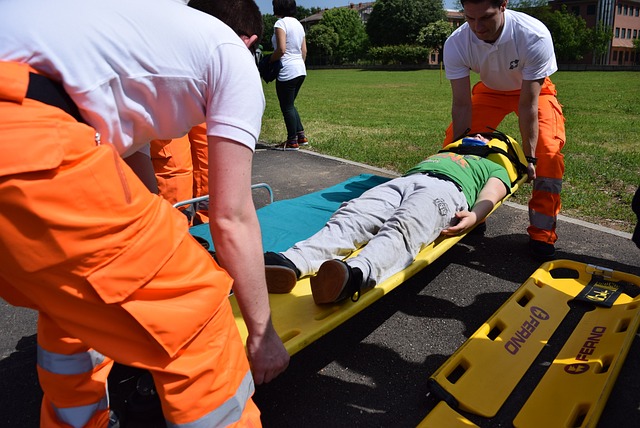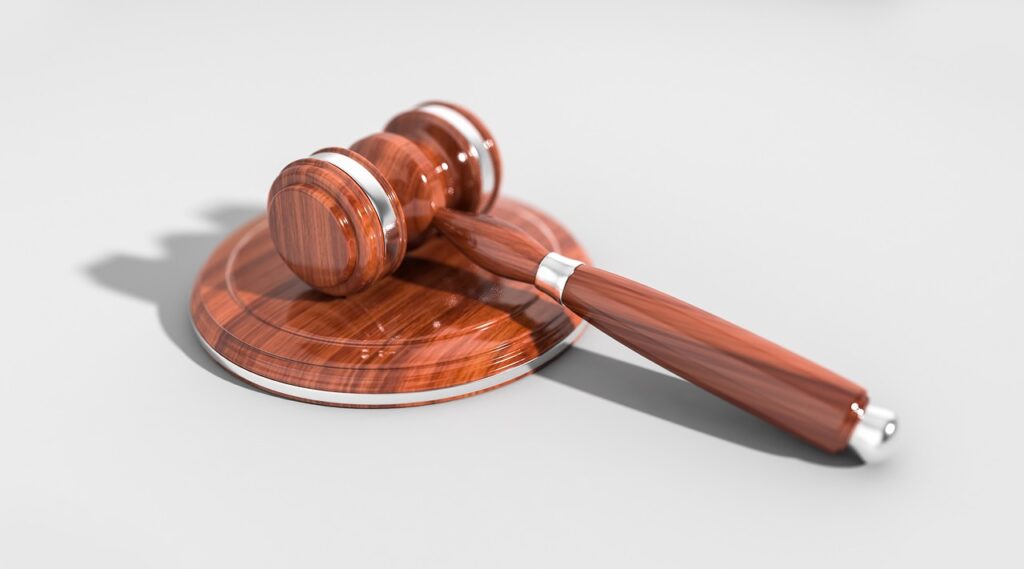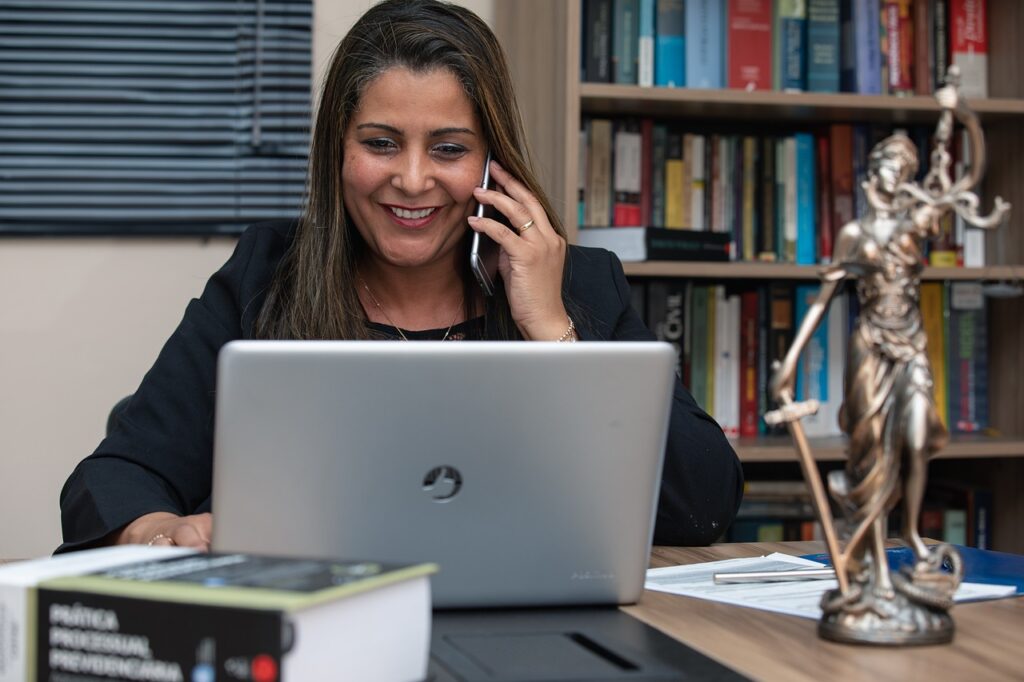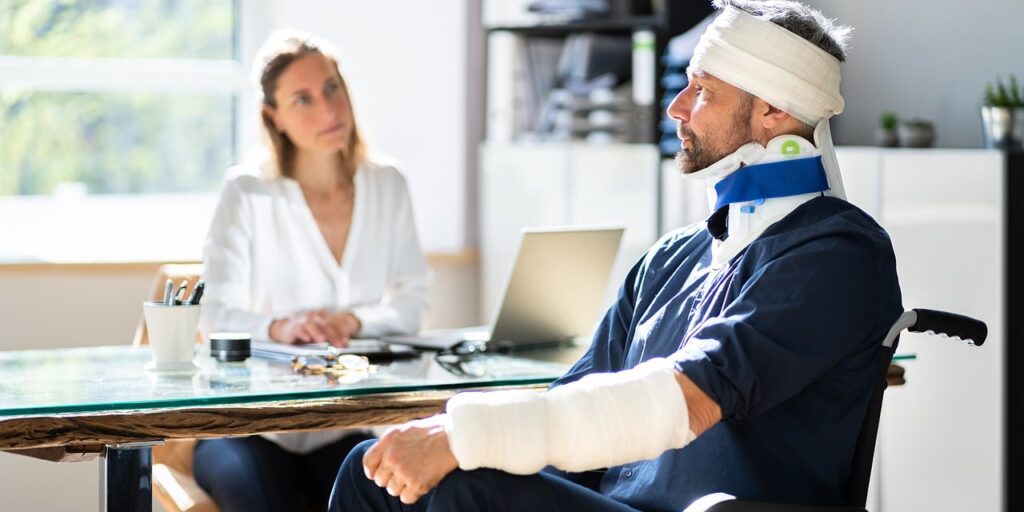
Accidents happen when we least expect them, and knowing what to do in the moments immediately following a personal injury accident can make a significant difference in your recovery and your ability to seek compensation. Houston Personal Injury Attorney emphasizes the importance of taking the right steps to protect your health and legal rights. Whether you’ve been injured in a car accident, a slip-and-fall, or any other type of injury, here are the essential steps to take immediately.
Ensure Safety First
Your safety and the safety of others are paramount. If you’re in a dangerous situation, such as a busy road or near a fire, move to a safe location if you can do so without risking further injury.
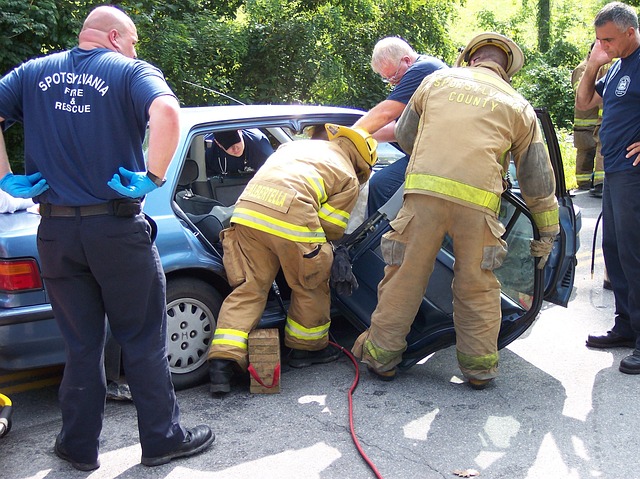
Check for Injuries
Take a moment to assess your condition and the condition of anyone else involved. If there are any serious injuries, call 911 immediately. Even if injuries seem minor, it’s still important to seek medical attention as some injuries may not be immediately apparent.
Call Emergency Services
Contact emergency services right away. Police and medical personnel are trained to handle accidents and can provide necessary assistance and documentation. In the case of a car accident, a police report will be crucial for insurance claims.
Gather Information
Collecting information at the scene is vital. Here’s what you should gather:
- Contact Information: Names, phone numbers, and addresses of all parties involved.
- Insurance Information: For car accidents, exchange insurance details.
- Witnesses: If there are any witnesses, get their contact information as well.
- Location Details: Note the exact location, time, and date of the accident.
Document the Scene
Use your phone to take pictures or videos of the accident scene. Capture:
- Damage: To vehicles, property, or any other objects involved.
- Injuries: Your own and others, if possible and appropriate.
- Conditions: Weather, road conditions, lighting, and any other relevant factors.
- Positions: The positioning of vehicles, equipment, or people involved.
Seek Medical Attention
Even if you feel fine, it’s crucial to see a doctor as soon as possible. Some injuries may not manifest symptoms immediately but can be serious. A medical professional can assess your condition and provide necessary treatment. Keep all medical records and receipts, as they will be important for any future claims.
Report the Accident
Depending on the type of accident, you may need to report it to various parties:
- Car Accidents: Report to your insurance company.
- Workplace Injuries: Notify your employer.
- Public Places: Inform the property owner or manager.
Avoid Making Statements
Be careful about what you say at the scene of the accident. Avoid admitting fault or making statements that could be used against you later. Stick to the facts when speaking with police and others involved.
Contact a Personal Injury Lawyer
Consulting a personal injury lawyer can help you navigate the legal complexities following an accident. A lawyer can advise you on your rights, help you understand your options, and guide you through the process of seeking compensation.
In Conclusion
Knowing the steps to take immediately after a personal injury accident can protect your health and your rights. By staying calm and following these guidelines, you can ensure that you have the necessary information and support to handle the aftermath effectively. Remember, the actions you take in the minutes, hours, and days following an accident can significantly impact your recovery and your ability to receive fair compensation.…

